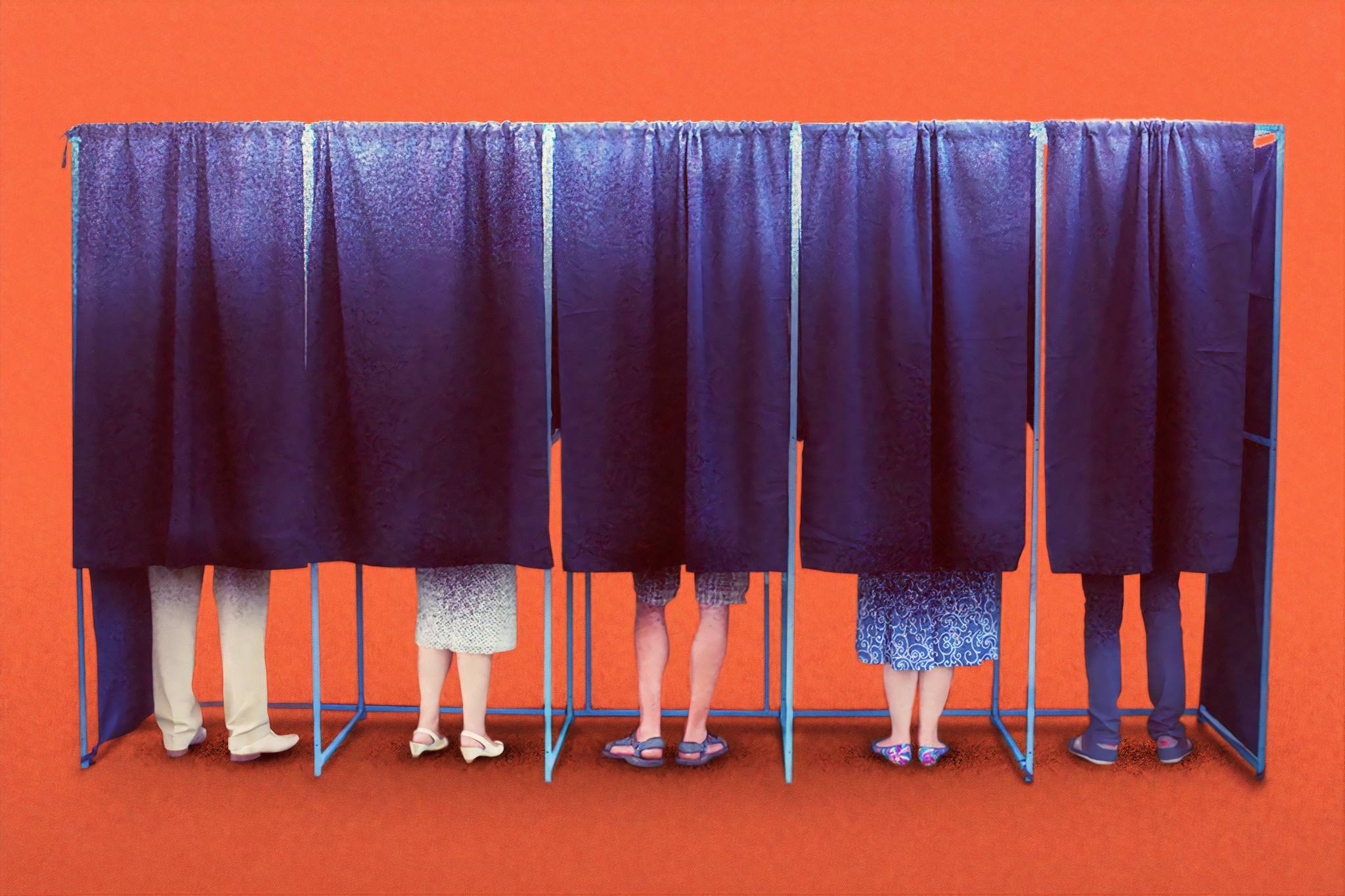By Roger Marks
Voters examining the Fair Share Act, Ballot Measure 1, the initiative to raise oil taxes, should ponder two major issues before voting — the need for a new tax and what the sponsors have offered as a new tax.
The reasons the sponsors have argued for replacing the current tax are plagued by problematic accounting. Here are some of their claims:
— Claim 1: The current oil tax, Senate Bill 21, led to the decline in State revenues after 2014.
Response: SB 21 went into effect in late 2014. It replaced the ACES tax regime, that went into effect in 2007. ACES was replaced because its high tax rates were causing migration of investment capital outside Alaska, and severe production decline. Under SB 21 production has recovered, and the state is making more money than it would have under ACES.
Oil prices in 2014 were $108 per barrel. In 2008 they had been near $150/bbl. As history (and irony) would have it, at about the same time SB 21 went into effect, oil markets began to tumble. By 2016 oil prices had dropped below $30/bbl, and have never recovered to pre-2016 levels. State revenues would have dropped under any tax regime. Ascribing the drop in state revenues to the change in the oil tax is to misread history.
— Claim 2: The state would get $1 billion a year more under the initiative.
Response: That was true at $65/bbl prices. At current prices the state would get a quarter of that. No one believes oil prices will be $65 soon.
— Claim 3: Alaska’s oil profits are extraordinarily high.
Response: Alaska’s production and transportation costs are high. (The firm Wood Mackenzie, for example, pegs costs in 2020 at $18/bbl higher than the rest of North America.) Care must be taken in reading financial statements. Lower 48 results are diluted with low value natural gas operations. Depreciation expenses for fields under development do not show up in income statements until those fields start producing. The share of profits paid to Alaska is greater than in most other states.
— Claim 4: Other states have combined tax and royalty rates that exceed Alaska’s.
Response: Though those other states may have higher rates, because their costs are lower, producers there still make more money than in Alaska, allowing those states to command higher rates.
— Claim 5: The North Slope producers paid no production tax between 2015-2019.
Response: Actually the producers (the object of the initiative) paid over $2 billion in those years. There were credits (now phased out) paid to non-North Slope producers and small North Slope explorers that totaled about that amount. This claim offsets taxes paid by one entity with credits received by another. If aggrieved by the credits given to the latter, voting for the initiative does nothing.
The firm IHS recently stated before Commonwealth North that “Alaska’s current fiscal system is one of the least competitive ones within U.S. and international peer groups in terms of $/bbl present value accruing to investors.”
The other major problem with the initiative is what the sponsors have offered as a new tax. They believe the state is entitled to one-third of gross revenues. This is clearly stated on the initiative web site and drives the terms of the initiative. However, over half of gross revenues are upstream operating and capital costs. If the state gets one-third, and half are costs, that leaves little for taxpayers. As a result the initiative raise taxes 150-350%, depending on price.
And their means of getting to the one-third is no less than folly. Under SB 21, the nominal tax rate was increased (from ACES) from 25% to 35%. At the same time, a per barrel credit was implemented, that declines as prices increase. It makes for higher tax rates at higher prices, and lower rates at lower prices. The per barrel credit and the higher tax rate were engineered to work together to create competitive tax rates.
In what must be the most casually conceived tax design in history, the initiative naively just removes the credit but keeps the 35% tax rate. This results in a higher tax rate than ACES, and an even less competitive system.
Nobody thought ACES was not high enough.
• Roger Marks is an economist in private practice in Anchorage. He was a petroleum economist with the Alaska Department of Revenue 1983-2008. Columns, My Turns and Letters to the Editor represent the view of the author, not the view of the Juneau Empire. Have something to say? Here’s how to submit a My Turn or letter.

